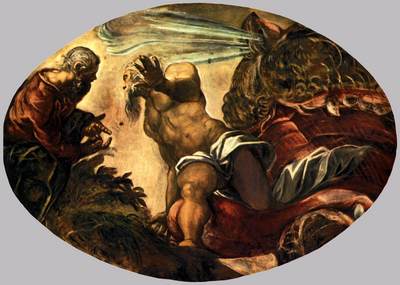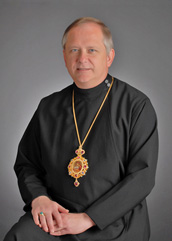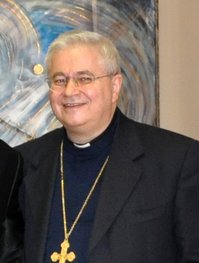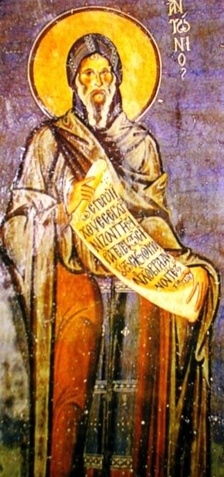Day of Penance and Prayer to be observed on January 23rd
this year.
In November, 2001, the United States Conference of Catholic Bishops
approved the adaptation of the General Instruction of the Roman Missal.
Following confirmation by the Holy See in February, 2002, the following became
particular law for the dioceses of the United States of America:
In all the
dioceses of the United States of America, January 22 (or January 23, when the
22nd falls on a Sunday) shall be observed as a particular day of penance for
violations to the dignity of the human person committed through acts of
abortion, and of prayer for the full restoration of the legal guarantee of the
right to life. The Mass “For Peace and Justice” (no. 21 from “Masses for
Various Needs”) should be celebrated with violet vestments as an appropriate
liturgical observance for this day.
On January 22, 2003, a “day of penance for
violations to the dignity of the human person committed through acts of
abortion, and of prayer for the full restoration of the legal guarantee of the
right to life” will be mandatory in the dioceses of the U.S. for the first
time. As an “Optional Memorial,” the Mass celebrated that day may be the Mass
“For Peace and Justice” or follow the normal weekday Mass readings and prayers
for the day found in the Ordo, with or without optional prayers related to St.
Vincent of Saragossa whose Feast Day falls on January 22.
Secretariat for
Pro-Life Activities
United States Conference of Catholic Bishops
3211 4th Street,
NE
Washington, DC 20017-1194
(202) 541-3070



